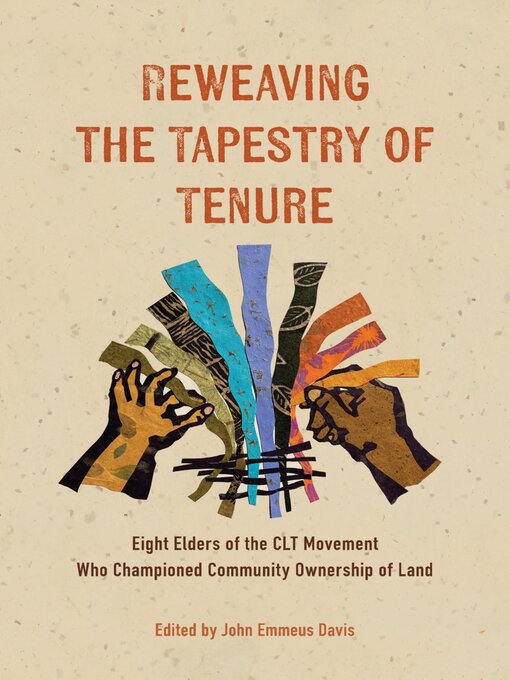The community land trust (CLT) movement has grown from a single CLT in 1970 to nearly six hundred today, scattered across a dozen countries. While many people can be credited with the global spread of CLTs, eight individuals have been especially influential in pioneering, refining, and promoting this dynamic strategy of community-led development on community-owned land. Shirley Sherrod, Mtamanika Youngblood, Kirby White, Susan Witt, Gus Newport, Stephen Hill, María E. Hernández Torrales, and Yves Cabannes are "elders" of a movement they helped to create.
Interviews conducted with them over the past decade were edited for the present volume in collaboration with the elders themselves. Their stories combine personal history and critical reflection, retracing the roads that led to their involvement with CLTs and charting the paths they believe CLTs should pursue to ensure the movement's continued growth.
Starting from different backgrounds and careers, these eight individuals came to a similar realization. Disadvantaged classes, races, and places could be made less precarious and more prosperous by changing the way that land is owned. Community ownership, in particular, would make equitable development more likely. They became advocates for the CLT, therefore, mainly because they found it to be a practical tool for converting the land beneath homes, businesses, facilities, and farms from a speculative commodity bought and sold for private gain into a community asset used to promote the common good.
Over the years, their advocacy has extended to all aspects of the community land trust, including resident engagement and permanent affordability, but they have championed the "L" in CLT above all. Land reform is what CLTs are "really about" in the eyes of these elders—reweaving the tapestry of tenure to enable place-based communities to bend the arc of their own development toward justice.

